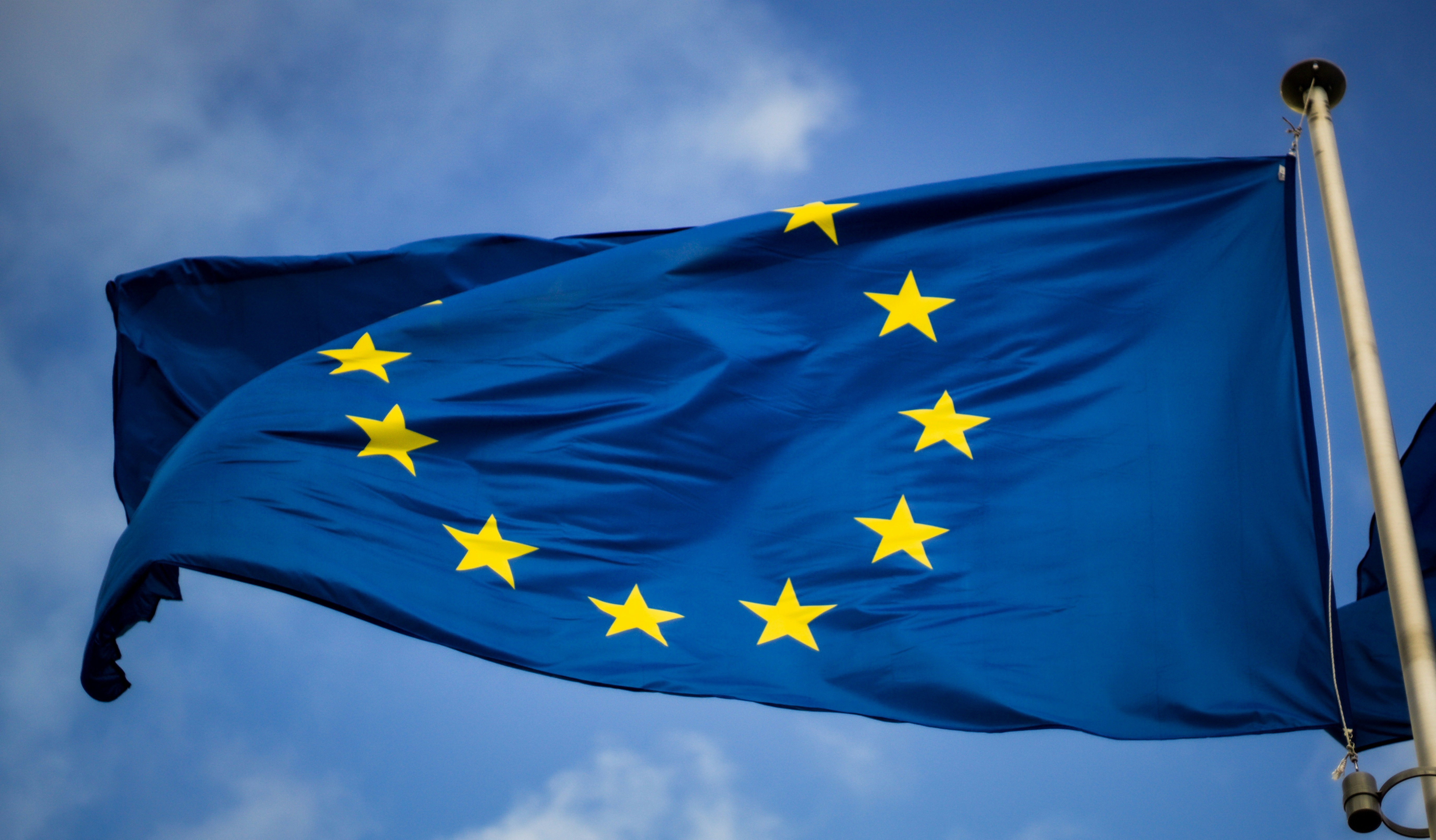SEO in Europe: A Guide to Optimizing Your Website for European Markets
March 1, 2024 | by europeanseo.org
Search Engine Optimization (SEO) is a crucial aspect of any successful online marketing strategy. It helps businesses improve their website’s visibility on search engine results pages (SERPs) and drive organic traffic. When it comes to SEO, it’s important to understand the unique challenges and opportunities that arise when targeting European markets. In this blog post, we will explore the key considerations for optimizing your website for European audiences.
1. Multilingual SEO
One of the first things to consider when targeting European markets is language diversity. Europe is home to many different languages, and optimizing your website for multiple languages can significantly improve your visibility and reach. Implementing multilingual SEO strategies involves translating your website content, including meta tags, URLs, and keywords, into the languages spoken in your target markets.
It’s important to note that simply using machine translation tools may not be sufficient. To ensure high-quality translations that resonate with your target audience, consider working with professional translators who are familiar with the nuances of the language and culture.
2. Localized Keyword Research
Keyword research is a fundamental aspect of SEO, and it becomes even more critical when targeting European markets. Conducting localized keyword research allows you to understand the specific terms and phrases used by your target audience in each country. This helps you create content that aligns with their search intent and increases the likelihood of ranking higher on SERPs.
Consider using keyword research tools that provide insights into regional search trends and volume. This will help you identify popular keywords and phrases that are relevant to your industry and target markets. Additionally, incorporating long-tail keywords and semantic variations can further enhance your website’s visibility and attract more targeted traffic.
3. Country-Specific Domains or Subdomains
When expanding your online presence in Europe, you have the option to use country-specific domains or subdomains. This decision depends on your business goals, budget, and resources. Country-specific domains, such as .fr for France or .de for Germany, can help establish a strong local presence and build trust with your target audience.
On the other hand, subdomains, like fr.yourwebsite.com or de.yourwebsite.com, allow you to maintain a centralized website structure while still targeting specific countries. Whichever option you choose, ensure that your website’s content is tailored to each country’s language and culture to maximize its impact.
4. Local Citations and Backlinks
Building local citations and backlinks is an essential part of SEO in Europe. Citations are online mentions of your business’s name, address, and phone number (NAP) on local directories, review sites, and social platforms. These citations help search engines verify the legitimacy and relevance of your business for specific locations.
Similarly, acquiring backlinks from reputable European websites can significantly boost your website’s authority and improve its search rankings. Consider reaching out to local businesses, industry associations, and influencers to establish mutually beneficial partnerships and earn valuable backlinks.
5. Mobile Optimization
Mobile optimization is crucial for SEO success in Europe, as mobile usage continues to rise across the continent. Ensure that your website is responsive and provides a seamless user experience across different devices and screen sizes. Mobile-friendly websites are more likely to rank higher on SERPs and attract organic traffic from mobile users.
Optimizing your website’s loading speed, improving navigation, and implementing mobile-friendly design elements are some of the key factors to consider when optimizing for mobile. Regularly test your website’s performance on various devices and make necessary adjustments to ensure a smooth mobile experience for your European audience.
In conclusion, SEO in Europe requires a tailored approach that considers language diversity, localized keyword research, domain/subdomain choices, local citations and backlinks, and mobile optimization. By implementing these strategies, you can improve your website’s visibility, attract targeted traffic, and successfully expand your online presence in European markets.
RELATED POSTS
View all


